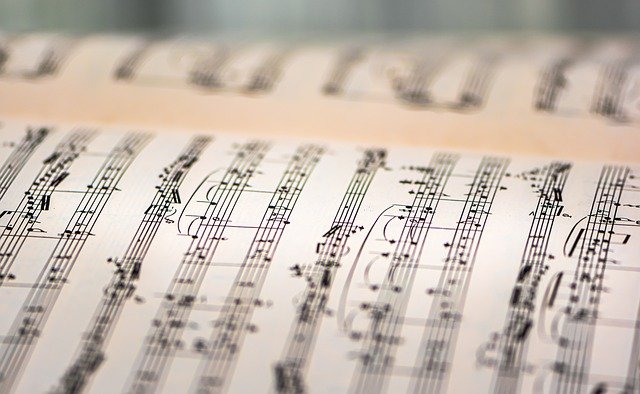With so many laptops available on the market, it can be difficult to know which one is best suited for music production and recording. If you are a musician looking to buy a laptop for music production, you need to consider several factors such as the type of processor, RAM, storage capacity, and other features. It is important to choose a lightweight laptop with long battery life.

Factors to consider when shopping for the best laptops for music production
Shopping for the best laptops for music production can be an overwhelming task. With so many different models and features to choose from, it’s important to know what factors to consider when making your purchase.
Processor Speed: A processor or CPU determines how quickly the laptop can perform tasks. Today’s processors range from Intel Core i3 to Intel core i9 CPUs and much more. Take into account the type of projects you are expecting to work on, whether it’s video editing, music production, or design. The higher-end models will perform faster than cheaper laptops. This is because high-end models use more powerful components that increase their performance.
Consider finding a laptop with at least an Intel dual-core processor if you plan on working on multiple projects at once without exceeding available memory and processing power. Most laptops on the market are similar in design and speed. The laptop you choose should be based on your preferred features, such as size, portability, and battery life.
Tips on how to get the most out of your laptop for music making
Music production has become an increasingly popular hobby and profession in recent years. With the right knowledge, tools, and equipment, you can easily create your own music from the comfort of your home.
The first thing you should look for when buying a laptop is sound quality. The good news is that laptops have gotten better in this department over the years. However, it’s still advisable to spend more money on something that has a high-quality audio card.
The second biggest priority is low latency. If you’re making electronic music, this can make or break your workflow. Low latency usually comes with spending more money on the laptop. For high-quality audio and lower latency, going with any Audio Interface would be a good idea.
A third priority is the number of inputs and outputs. If you have a lot of people collaborating on your music, they may need to use different instruments and find their own levels. If you’re focused on just one track, then fewer inputs/outputs can get the job done as well.

